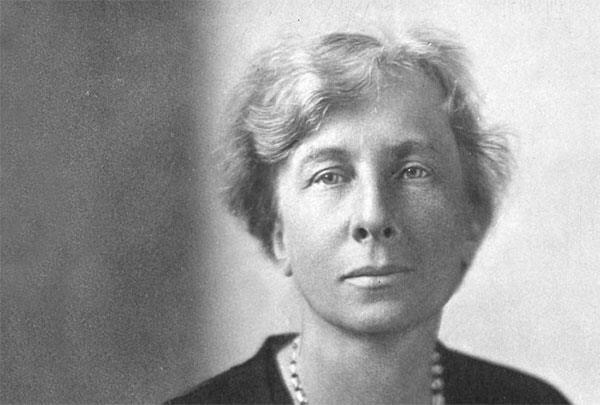Lillian Evelyn Moller Gilbreth was born in Oakland, California, on (May 24, 1878 – January 2, 1972). Lillian Gilbreth is credited with the invention of the foot-pedal trash can, adding shelves to the inside of refrigerator doors (including the butter tray and egg keeper), and wall-light switches, all now standard.
Awards: National Academy of Engineering (elected 1965); Hoover Medal (1966)
Occupation: Ergonomics expert; Management consultant; Professor
Lillian Gilbreth was an American psychologist, industrial engineer, consultant, and educator who was an early pioneer in applying psychology to time-and-motion studies. She was described in the 1940s as “a genius in the art of living.” Gilbreth, one of the first female engineers to earn a Ph.D., is considered to be the first industrial/organizational psychologist. She and her husband, Frank Bunker Gilbreth, were efficiency experts who contributed to the study of industrial engineering, especially in the areas of motion study and human factors. Cheaper by the Dozen (1948) and Belles on Their Toes (1950), written by two of their children (Ernestine and Frank Jr.) tell the story of their family life and describe how time-and-motion studies were applied to the organization and daily activities of their large family. Both books were later made into feature films.
Lillian Gilbreth: Pioneering Inventor video: https://youtu.be/kfTEvJ-kr4I



